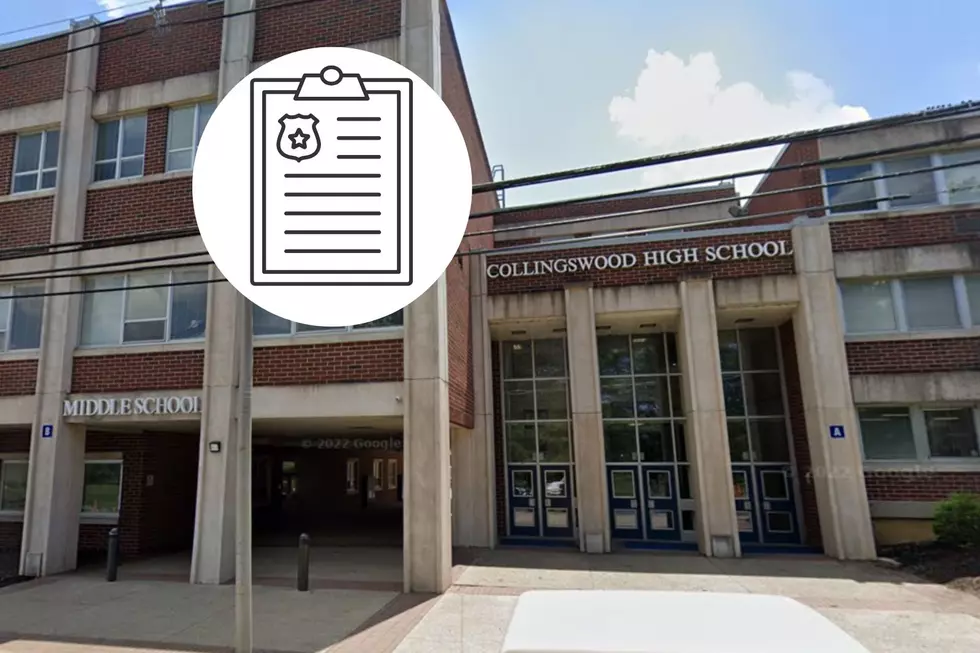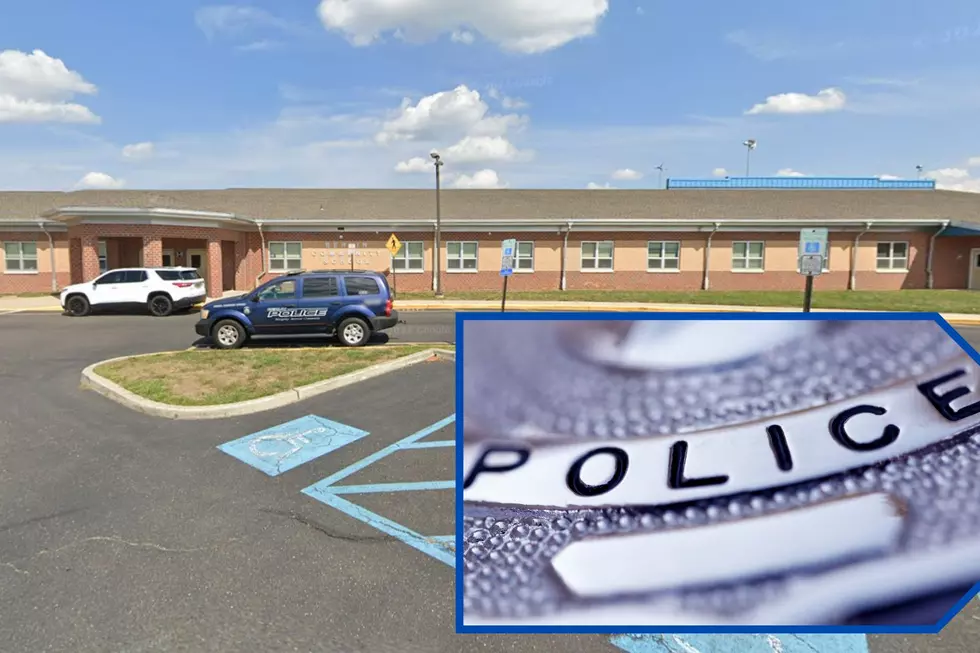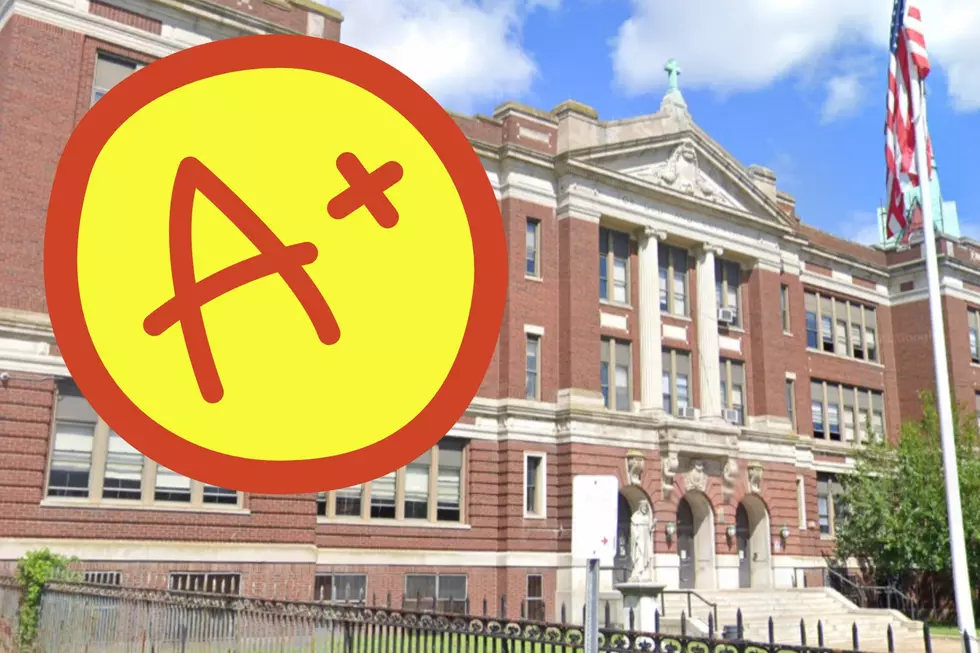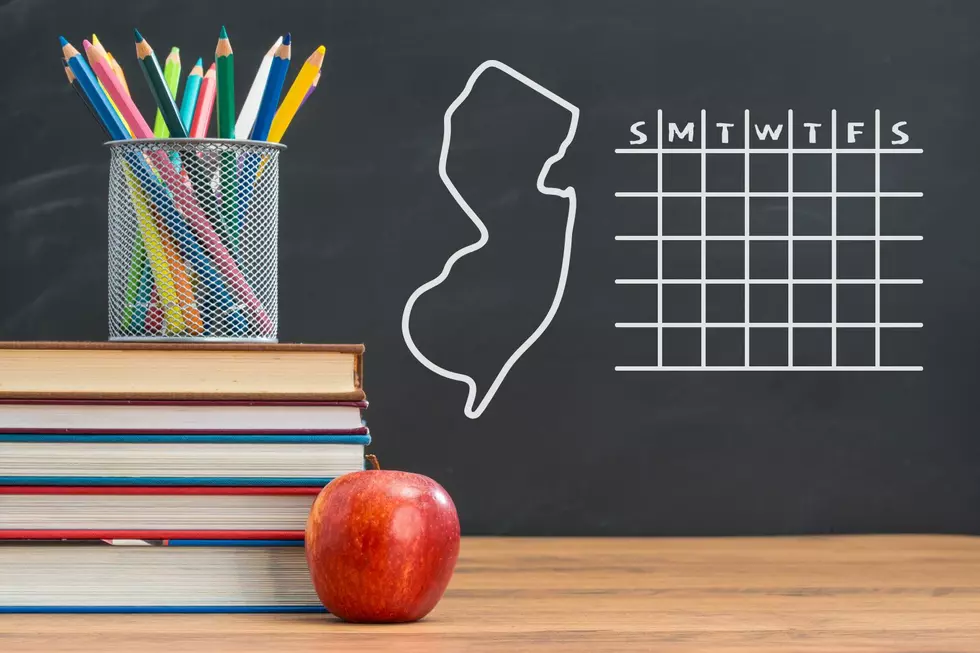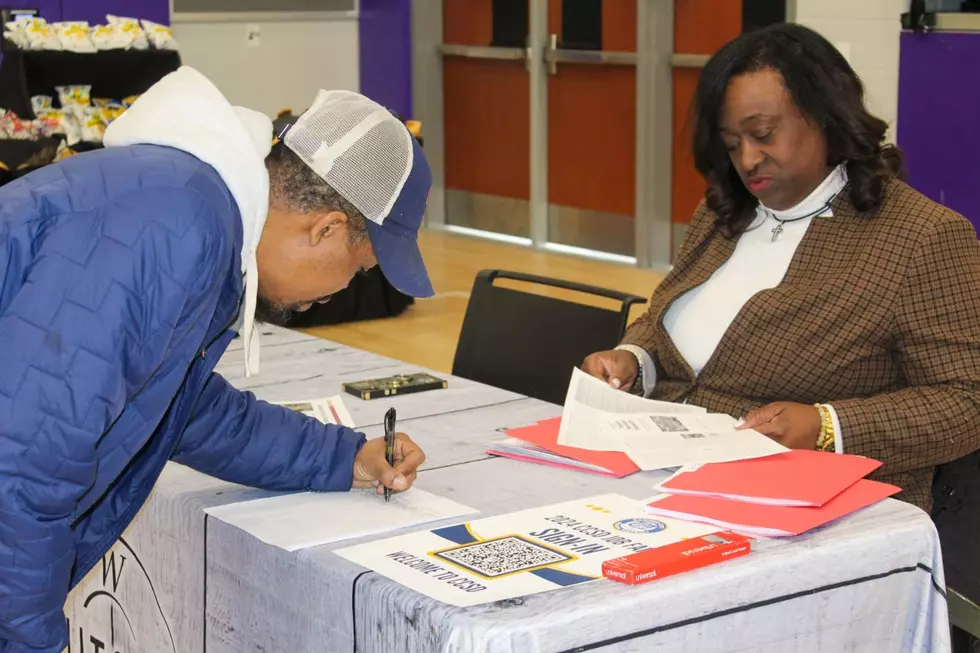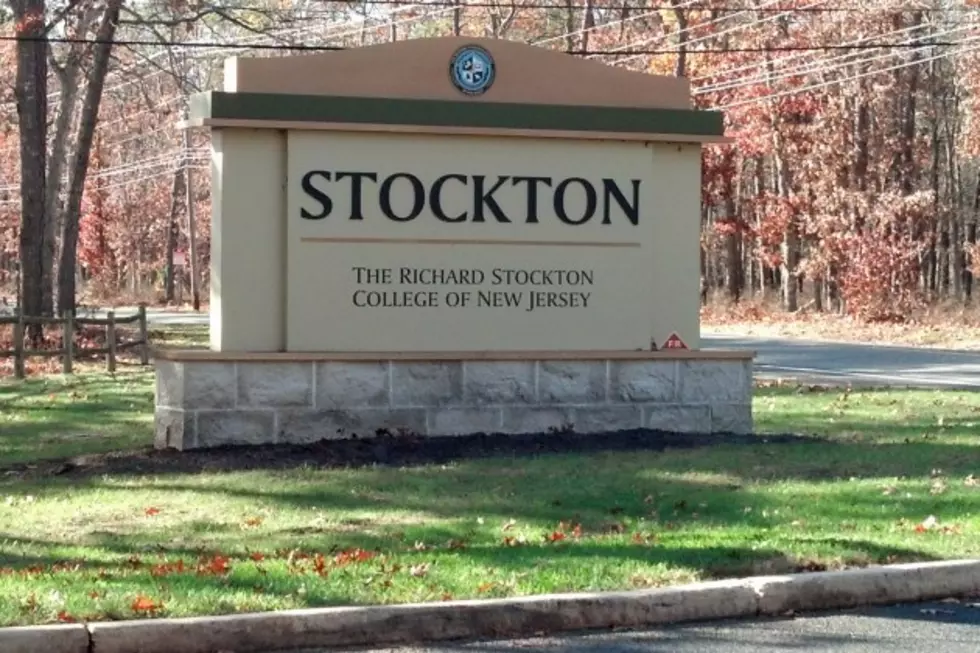
Stockton University requiring undergrads to learn about race & racism
GALLOWAY — Starting this fall, incoming Stockton University students will be required to take at least two courses that address race and racism.
The university's Board of Trustees approved the resolution on May 5, in what appears to be the first such race and racism undergraduate curriculum requirement at a college or university in state.
The requirement was first proposed by Donnetrice Allison, professor of Africana Studies and Communication Studies and coordinator of Stockton’s Africana Studies program.
“This can’t just be for students who want to major in the subject,” Allison said in a written release. “This is something everyone must understand if we are to eradicate racism and promote equity and diversity. You have to understand the history to support change.”
Last summer, the school's trustees issued a resolution stating a strong commitment to promoting antiracism and being a leader in social justice issues — including such required coursework on the issue.
It comes on the heels of a more general requirement for the state's public schools, K-12, to include instruction on diversity and inclusion as part of New Jersey Student Learning Standards.
In October 2020, the state Assembly passed an initial measure to require diversity instruction among high schoolers.
The legislation then went through revisions and an updated measure was passed by the state Senate in December and the Assembly in January, before being signed into law by Gov. Phil Murphy in March.
Under the law, the state education commissioner will give the state's 600-plus districts sample activities and resources aimed at promoting diversity and inclusion, including but not limited to race, gender, economic and sexual orientation.
Such efforts toward more diverse viewpoints in school lessons come at a time of strong, partisan backlash toward anything that might be categorized as "Critical Race Theory."
As an academic concept, “Critical Race Theory” has been around for decades.
“CRT is not a diversity and inclusion 'training' but a practice of interrogating the role of race and racism in society that emerged in the legal academy and spread to other fields of scholarship,” as summarized by the American Bar Association.
It gained new attention amid the height of the Black Lives Matter movements last summer and then in September, when President Donald Trump banned federal contracts for any diversity training deemed to be ‘divisive,” which his administration said included CRT.
That ban — and complaint hotline set up to support it — were quickly ended by President Joe Biden after he took office in January.
In schools, another phase using the same acronym has also risen in both popularity and controversy — Culturally Responsive Teaching.
That process aims to recognize the importance of including students' cultural references while learning, as was adopted in February for Illinois teacher training programs within the next several years.
About 20 faculty members at Stockton already teach about 25 courses that would meet the requirement, including “Race, Class, Gender and Criminal Justice,” “Race and Politics,” “Race, Poverty and Education,” as well as classes in the Africana Studies curriculum.
Students may take specific race-related courses and Stockton faculty will also be encouraged to incorporate race and racism into the courses they are teaching so that the topic will cover all program areas.
Stockton has offered Africana Studies as a minor since 1983 and as a major since 2019.
Allison said while Stockton has been supportive of those programs, it has become increasingly clear that all students need to understand the history and impact of racism.
“One course alone will not be effective,” Allison said. “If we are ever to address the racial issues this country continues to grapple with, students need to understand that there are levels to racism and that to some degree it is within every field of study.”
Such diversity curriculum requirements at the college level remain a scattered effort, across the country.
Last summer, California made it a requirement for undergraduates across the California State University system to take an ethnic studies class focusing on Native Americans, African Americans, Asian Americans or Latinx Americans, as reported by Inside Higher Ed.
“Anti-Black Racism: History, Ideology, and Resistance,” also has been added as a one-credit required course for first-year students at the University of Pittsburgh, as announced last August.
Average SAT scores for every NJ high school
Famous NJ people from A to Z (almost)
More From New Jersey 101.5 FM

